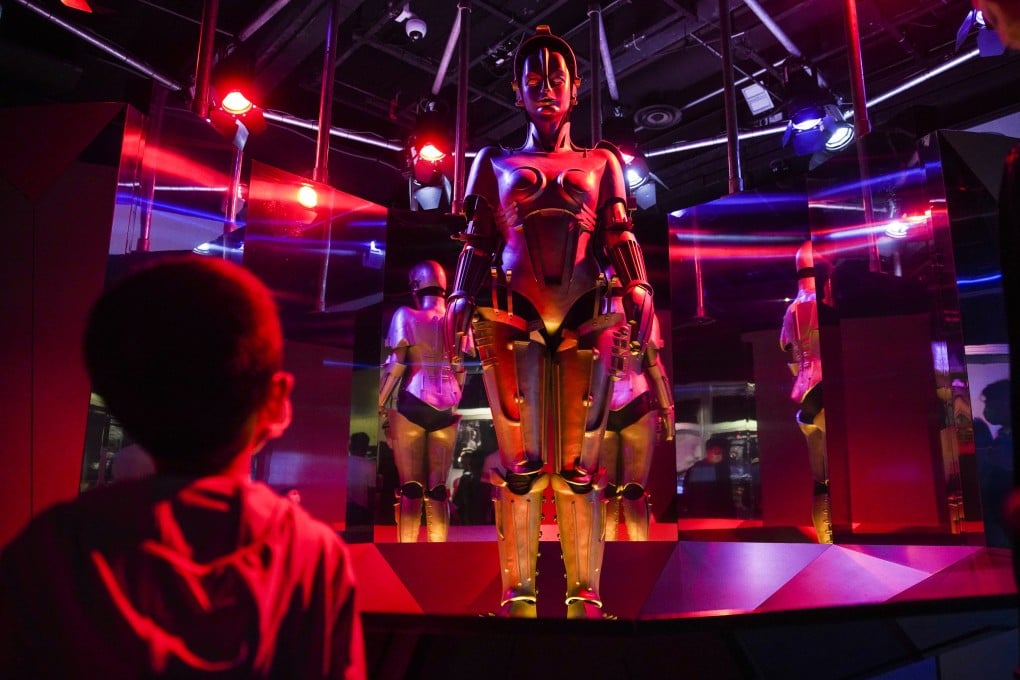Advertisement
Opinion | What Hong Kong’s reaction to ChatGPT says about the city’s appetite for innovation
- The approach to the AI-powered chatbot adopted by the city’s universities reflects Hong Kong’s lack of preparedness to embrace new technology
- The government should not only be setting up a regulatory and policy framework but also demonstrate it is capable of taking a risk
Reading Time:3 minutes
Why you can trust SCMP
4

In recent months, there has been much discussion of the impact of advances in artificial intelligence technology, in particular ChatGPT. The appearance of the AI-powered chatbot sparked global disruption that caught tech companies – from Google in the US to Baidu in China – off guard.
Advertisement
At the government level, the UK issued a pro-innovation policy paper on regulation of artificial intelligence in March following the release of a national AI strategy in 2021. In comparison, Hong Kong has an innovation and technology blueprint, which makes reference to AI, and this year’s budget proposes establishing an AI supercomputing centre, but the city needs a more targeted approach to AI development.
The choices of the city’s universities are instructive here. In February, the University of Hong Kong said the use of ChatGPT or similar tools in classwork, coursework and assessments, without prior approval, would be treated as plagiarism during the current semester. Chinese University has adopted a similar approach. The Hong Kong University of Science and Technology has left the decision to instructors.
Former Hong Kong financial secretary John Tsang Chun-wah criticised universities banning the use of the technology, saying, “The current education situation in Hong Kong is teachers of the 20th century using a curriculum from the 19th century to train students in the 21st century.”
The response of Hong Kong’s universities not only reflects the city’s unpreparedness to embrace revolutionary technology but also its lack of a framework to address technological innovation.
Advertisement
In late February, Secretary for Innovation, Technology and Industry Sun Dong said the government plans to set up a task force to grapple with the opportunities and challenges posed by ChatGPT, and eventually develop a home-grown version. Since then, the Office of the Privacy Commissioner for Personal Data has said it is monitoring the risk of personal data leaks via generative AI applications.
However, no follow-up action on the government task force has been reported, nor has the government explained how the Innovation, Technology and Industry Bureau will work with other branches of government, and public and private institutions, to use the new AI tool for the city’s benefit.

Advertisement
